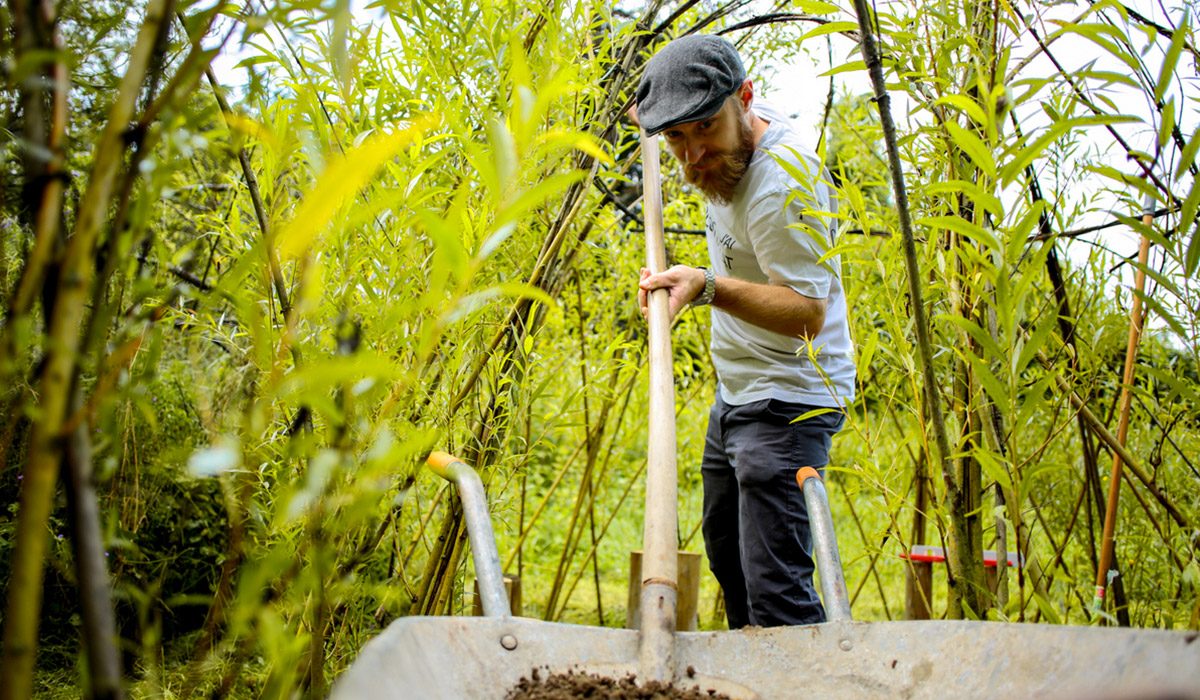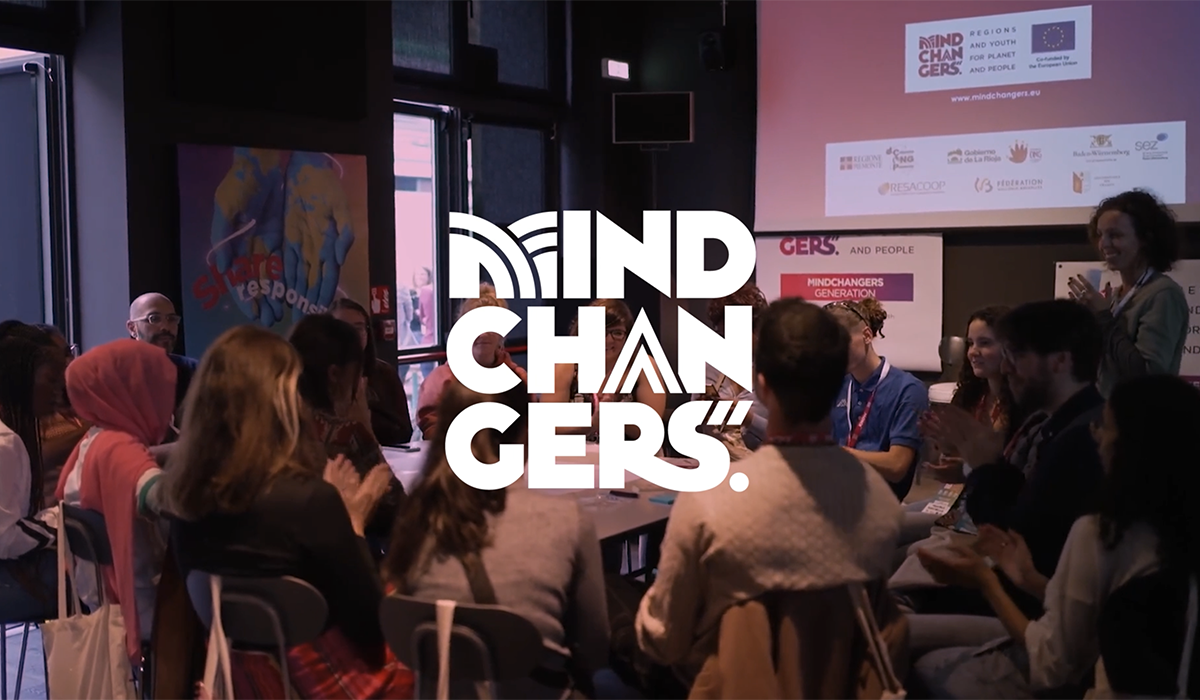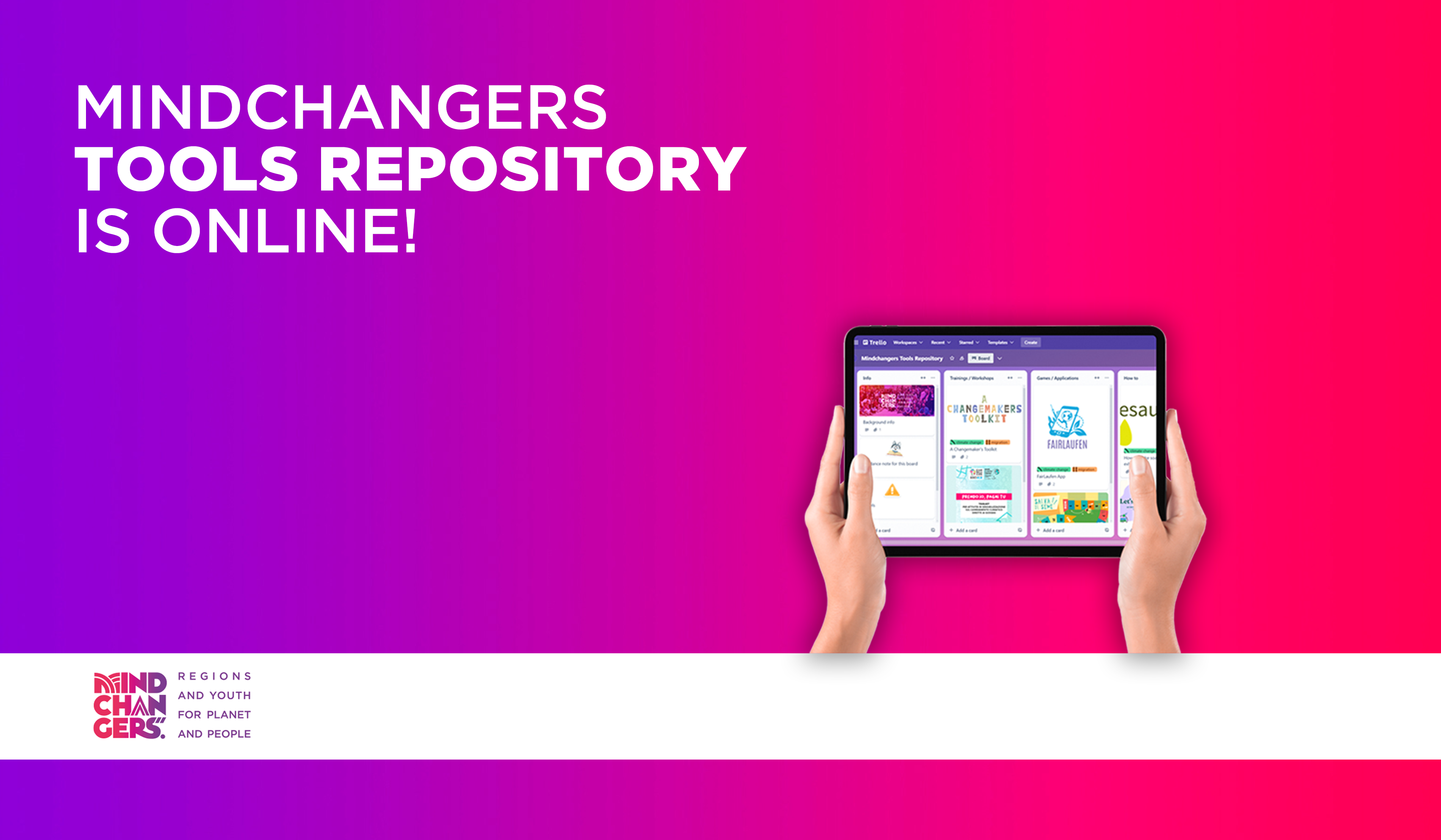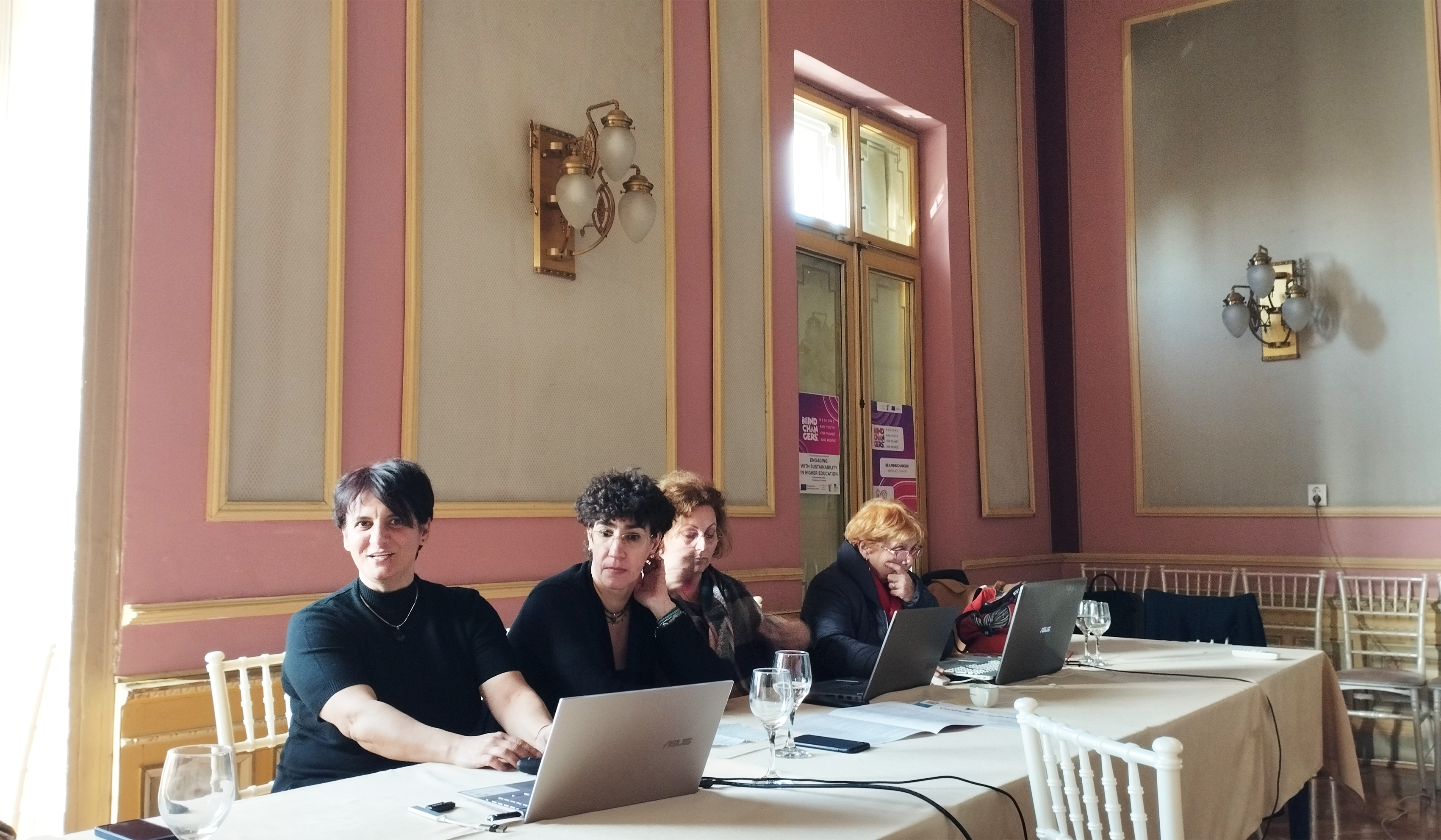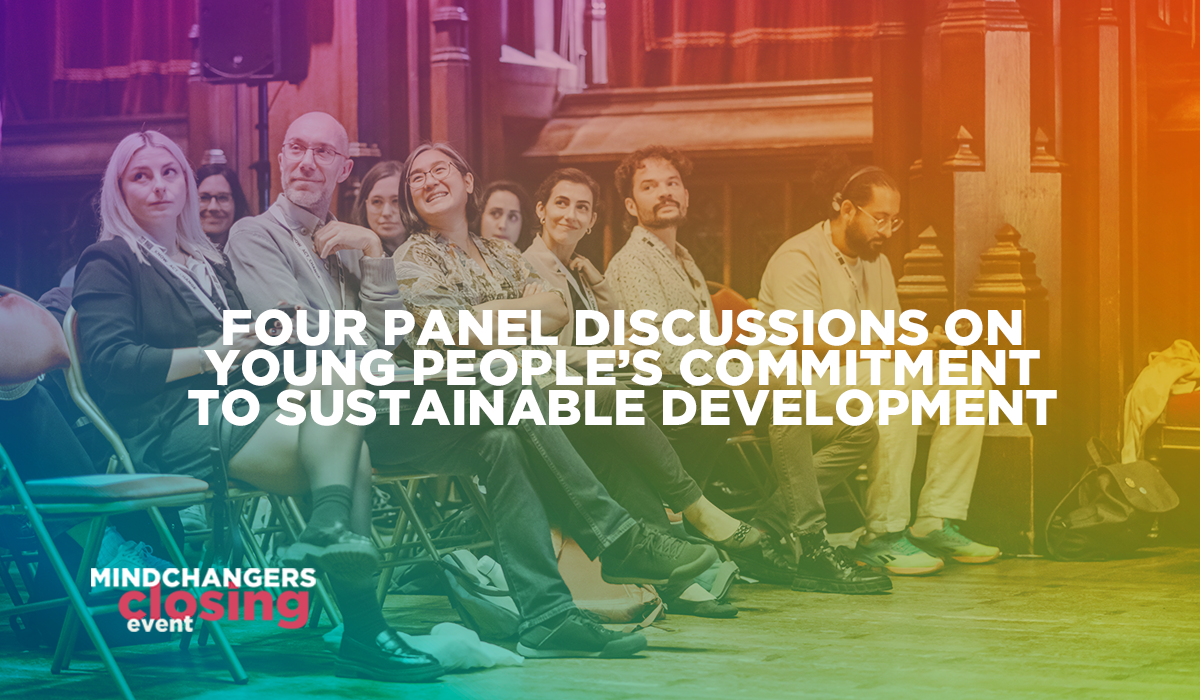This year, Association des Compagnons Bâtisseurs is implementing “Terre de Diversité” as one of the granted projects from the second call for proposals in Fédération Wallonie-Bruxelles.
Located in Marche-en-Famenne, Province of Luxemburg, Belgium, “Terre de Diversité” wants to encourage young people, locals and newcomers alike, to meet and work together on ecological transition by participating in environmental volunteering activities.
This project is built in close collaboration with co-applicant Rêve de terre, an association working in environmental education, the Centre Régional d’Intégration du Luxembourg (CRILUX), the Centre Public d’Action Sociale of Marche-en-Famenne (CPAS), as well as several local centres helping people seeking international protection, which all see in “Terre de Diversité” an opportunity for their beneficiaries to get away from their everyday life. As one CPAS social worker said, “the meetings and activities the project offers allow their residents to meet other people, to bond with them, to exchange ideas on different topics, to learn and to improve their knowledge of French”.
Association des Compagnons Bâtisseurs is officially recognised as a “youth organisation” in Fédération Wallonie-Bruxelles, meaning that they are committed to getting young people involved in projects and to developing a pedagogical approach that enables the youth to look critically at social issues. Among those issues, migration is certainly a topic that is particularly relevant to young people today, a topic that questions them, worries them and even makes them angry when confronted with incomprehension or feelings of injustice. That is why migration issues have also become increasingly important for Association des Compagnons Bâtisseurs.
At the same time, as the environmental crisis (climate, biodiversity) becomes increasingly tangible, many people want to take small actions that can bring about positive changes. In that regard, Mindchangers is a great opportunity to address these two global issues together and strengthen youth-led programmes on ecological transition, more specifically on land-based work and permaculture, as it is planned with “Terre de Diversité”.
The project is already well underway. From 17 to 19 March, the first volunteer activity was held at the Red Cross reception centre in Rendeux. A few weeks later, on 8 April, the fourth “introduction to permaculture” meeting was organised: with the help of Rêve de terre, a dozen young people were invited to work on the development of a community garden. Everyone came with their own ideas, their own experience, and their desire to learn. Similar projects will take place by the autumn.
Through those meetings and activities, all the participants can feel and experience the magic of human contact, the bonds of new friendships in the making and the desire to share knowledge.
“The participants have a difficult life history and most of them are still in the middle of a long asylum procedure, which does not help them to plan for the future. However, they also have a lot of skills and experience in various fields to share. I also think that through this project they can also learn new skills and for some of them, learn to regain self-confidence as well as trust in others. The main advantage of this project is that it supports the creation of a social link.” – a social worker from the CPAS of Marche-en-Famenne.
”Terre de Diversité” adopts a very flexible approach in terms of participation, but youths are of course encouraged to take part in the activities as regularly as possible to foster a sense of community belonging. It also gives them the opportunity to become more involved in the development of future actions.
Those spring meetings therefore provide an ideal opportunity to discuss and develop the residential projects that will take place in a few months’ time, whether in the form of training workshops or volunteering projects. Some of those activities will be hosted by partners that are willing to improve their outdoor facilities while encouraging their audience to meet other young people involved in the project.


